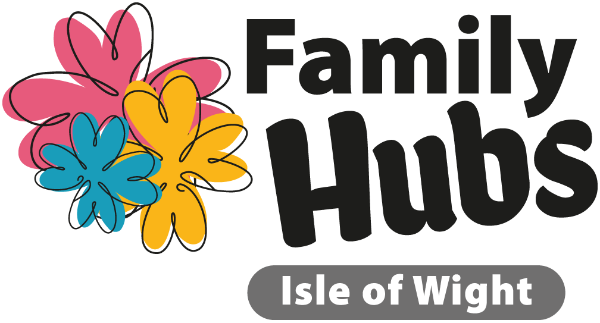- News and Updates
-
Parent or Carer
-
Best Start in Life offer (pregnancy to 2 years)
- Welcome to the World (from 24 weeks pregnancy)
- Breast Feeding Support
- Five to Thrive New Parents (birth to 6 months)
- Parent Infant Relationships (PAIR) Team
- Family Centre Stay and Play Sessions (Birth to 4 y
- Community Play Sessions in Family Centres
- Play Sessions for Children with Additional Needs
- Building Blocks for Toddlers (9 months to 3 years)
- Toddler Talk (18 months to 3 years)
- Healthy Balance
- Supporting Parent Relationships
- 2 Year Language Check
-
Parenting Support and Courses (2 - 19 years)
- Language Builders (2 to 3 years)
- Getting Ready for Preschool & School (3 to 5 years
- Parenting Puzzle & Nurturing Programme (3 to 11 y)
- Talking Teens (13+ years)
- Who's in Charge (8+ years)
- Support for Neurodiverse Families (3 to 17 years)
- Supporting Parent Relationships
- Togetherness: Solihull Approach Online courses
- What's on in your Family Centres and Community
- Family Support
- Additional Information and Services
-
Best Start in Life offer (pregnancy to 2 years)
- Young Person
-
Professional
- Early Help Assessments
- Intensive Family Support (Early Help)
- Young Carers
- Parent Infant Relationships (PAIR) Team and CWPs
- Keeping Young People Safe
- Supporting Children and Young People in Care
- Application for Professionals Recorded Workshops
- Summary of Courses and Workshops for Parents/carer
- Application for Evidence Based Parenting Courses
- Prospective Volunteer
Contact
Newport Family Hub
Furrlongs
Newport
PO30 2AX
Ryde Family Hub
George Street
Ryde
PO33 2JF
Sandown Family Hub
The Fairway
Sandown
PO36 9EQ
Legal
Privacy Policy
Cookie Policy
Terms And Conditions
Accessibility Statement
Barnardo's Registered Charity Numbers: 216250 and SC037605
© Copyright 2026 Isle Of Wight Family CentresWeb Design By Toolkit Websites

